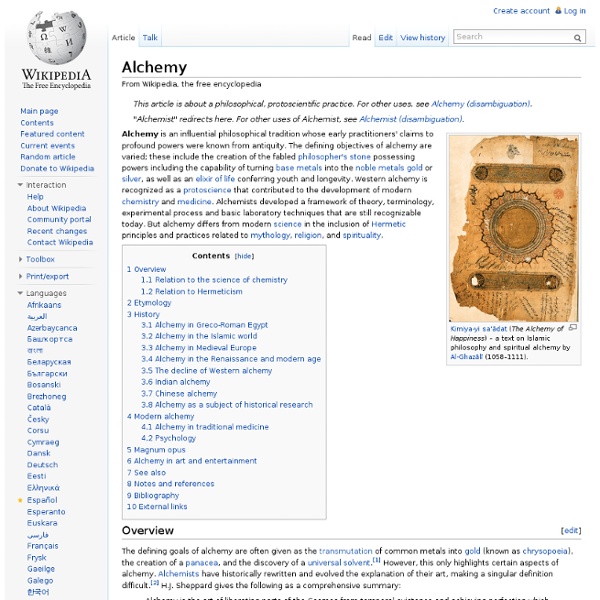Royal Society
national academy of science in the United Kingdom The Royal Society, formally The Royal Society of London for Improving Natural Knowledge,[1] is a learned society and the United Kingdom's national academy of sciences. Founded on 28 November 1660, it was granted a royal charter by King Charles II as "The Royal Society".[1] It is the oldest national scientific institution in the world.[2] The society fulfils a number of roles: promoting science and its benefits, recognising excellence in science, supporting outstanding science, providing scientific advice for policy, fostering international and global co-operation, education and public engagement.
Transparent to Transcendance - Joseph Campbell Foundation
Hello Finegas! Thanks, Tom, for your long reply. Your references to Joyce/Aristotle and the asthetic experience are fine. You have explained it very properly.
Gulliver's Travels
1726 novel by Jonathan Swift Gulliver's Travels, or Travels into Several Remote Nations of the World. In Four Parts.
Julius von Mayer
Julius Robert Mayer (25 November 1814 – 20 March 1878) was a German physician, chemist and physicist and one of the founders of thermodynamics. He is best known for enunciating in 1841 one of the original statements of the conservation of energy or what is now known as one of the first versions of the first law of thermodynamics, namely that "energy can be neither created nor destroyed".[1][2] In 1842, Mayer described the vital chemical process now referred to as oxidation as the primary source of energy for any living creature. His achievements were overlooked and priority for the discovery of the mechanical equivalent of heat was attributed to James Joule in the following year. He also proposed that plants convert light into chemical energy. Early life[edit] Von Mayer was born on November 25, 1814 in Heilbronn, Württemberg (Baden-Württemberg, modern day Germany), the son of a pharmacist.
Ernst Mayr
German-American evolutionary biologist His theory of peripatric speciation (a more precise form of allopatric speciation which he advanced), based on his work on birds, is still considered a leading mode of speciation, and was the theoretical underpinning for the theory of punctuated equilibrium, proposed by Niles Eldredge and Stephen Jay Gould. Mayr is sometimes credited with inventing modern philosophy of biology, particularly the part related to evolutionary biology, which he distinguished from physics due to its introduction of (natural) history into science. Biography[edit] Mayr was the second son of Helene Pusinelli and Dr.
The Koshas: 5 Layers of Being
If you’re a typical health-conscious Yoga International reader, you've probably already exercised today. Whether you went for a brisk walk, played some tennis, or worked out at the gym, you recognize the importance of keeping your physical body in shape. But have you exercised your subtle body yet? Or your causal body? According to the yoga tradition, every one of us has five bodies, each made of increasingly finer grades of energy.
Critique of Judgment
The Critique of Judgment (Kritik der Urteilskraft), also translated as the Critique of the Power of Judgment, is a 1790 book by the German philosopher Immanuel Kant. Sometimes referred to as the "third critique," the Critique of Judgment follows the Critique of Pure Reason (1781) and the Critique of Practical Reason (1788). Context[edit]
The Five Koshas in Indian Psychology
Introduction According to yoga, individual consciousness is a partial expression of cosmic consciousness. Essentially, cosmic consciousness and individual consciousness are one. Only subjectivity separates them.
Thomas Aquinas
Thomas Aquinas (; Italian: Tommaso d'Aquino, lit. 'Thomas of Aquino'; 1225 – 7 March 1274) was an Italian[10][11] Dominican friar, philosopher, Catholic priest, and Doctor of the Church. An immensely influential philosopher, theologian, and jurist in the tradition of scholasticism, he is also known within the latter as the Doctor Angelicus and the Doctor Communis.[12] The name Aquinas identifies his ancestral origins in the county of Aquino in present-day Lazio, Italy. He was the foremost classical proponent of natural theology and the father of Thomism; of which he argued that reason is found in God.
What Are The Koshas And What Can They Do For You?
The koshas are energetic layers or sheaths that move from the outermost layer of skin to the deep spiritual core. The koshas provide a framework for conceptualizing ourselves. Much like the chakra system, the kosha layers come packaged with their own individual physiological function and psychology.



